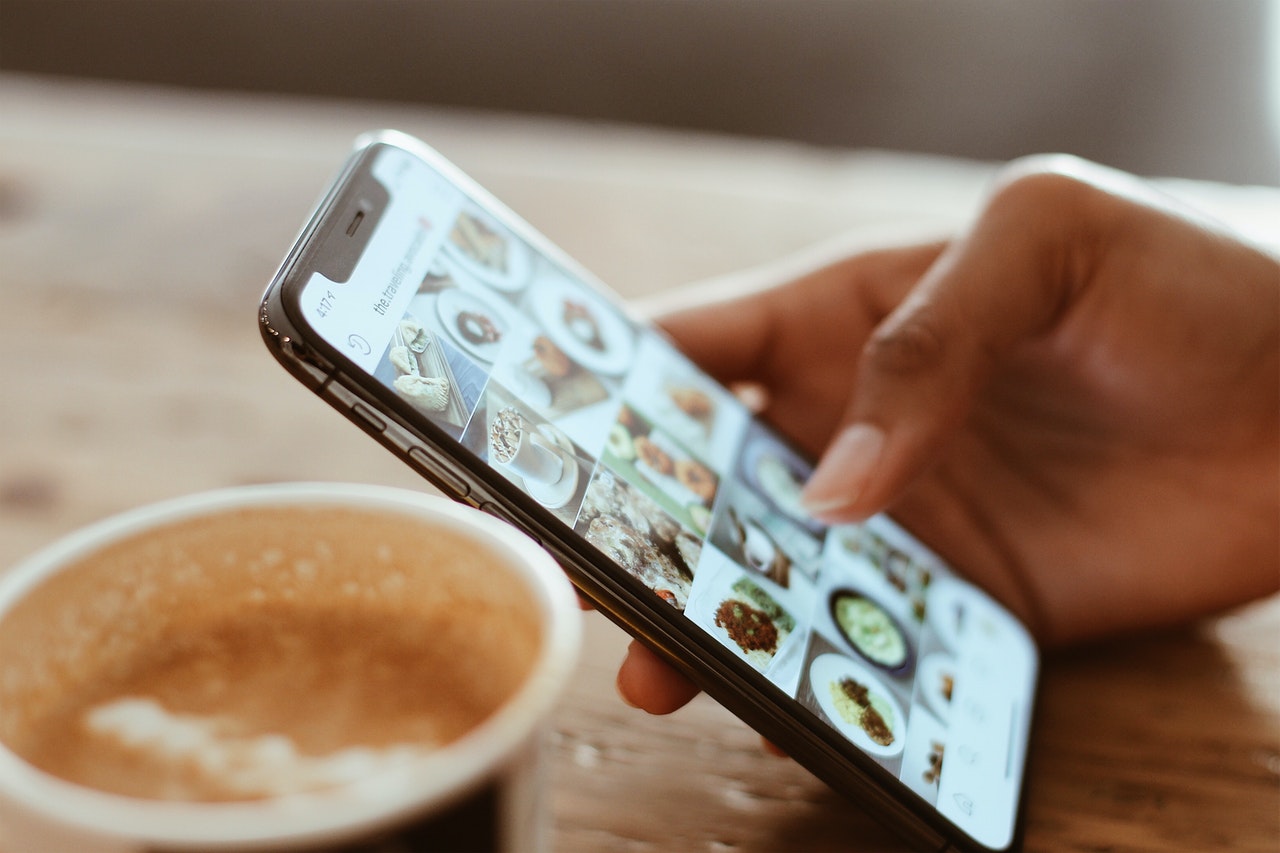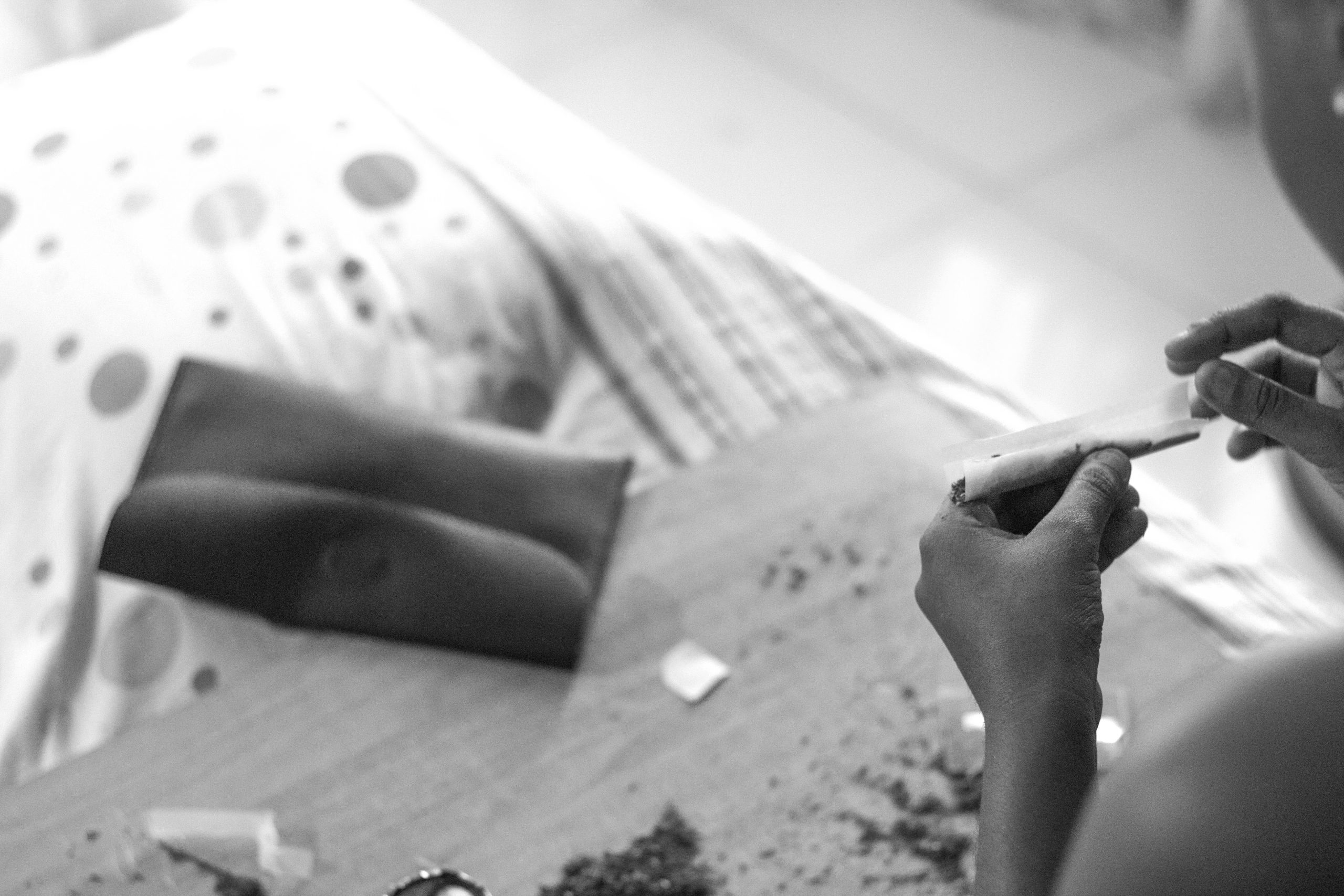

Over the past 18 months, we’ve mostly been confined to our homes, unable to do most of our favourite hobbies. While many of us picked up new hobbies, decorated our homes, or learnt a new skill during lockdown, a lot of us comforted ourselves with extra screentime.
Lenstore research shows that 76% of us spent more time on our mobile phones, while 34% spent more time watching TV. An additional survey found that 82% of us have increased our social media consumption since the beginning of the pandemic.
In times of stress, it’s only natural to turn to the things that provide us comfort – or so we think. However, social media has been linked to stress, anxiety, depression, loneliness, and other pressing conditions.
As lockdown restrictions have eased and we’re now able to do most of the things we love again, we won’t be relying on our screens and our feeds to keep us entertained. Why not take this even further and do a social media detox this new year?
Add a comment






